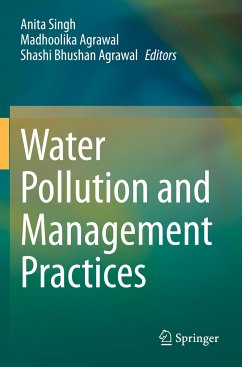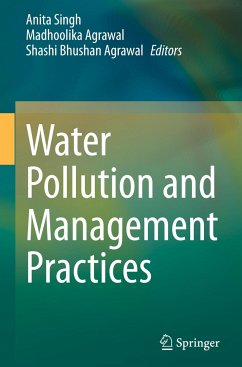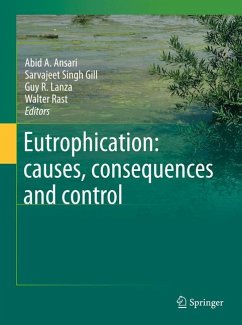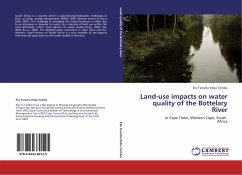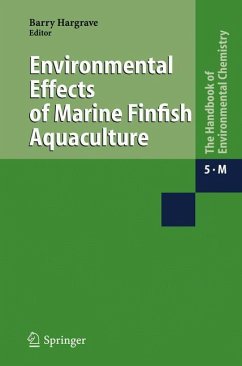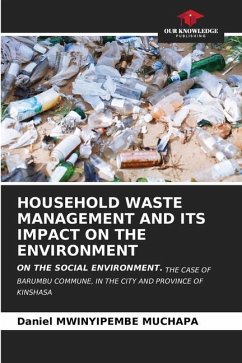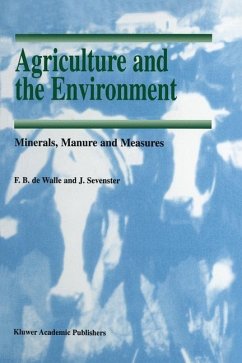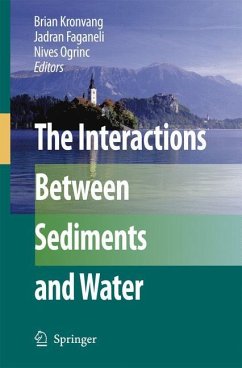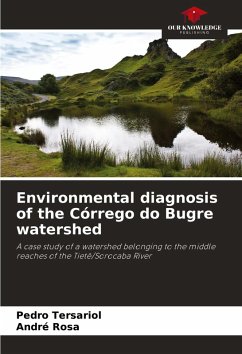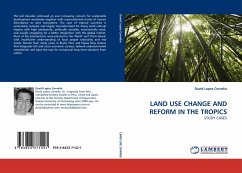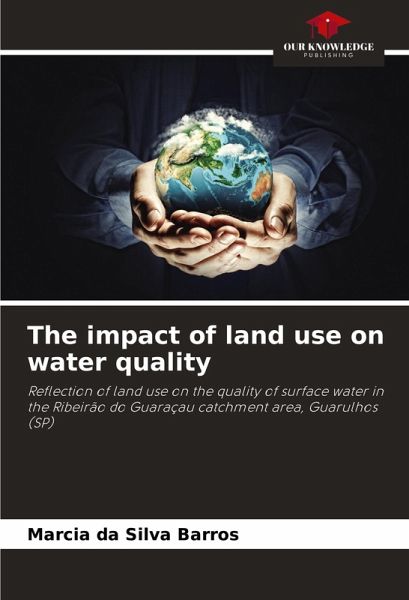
The impact of land use on water quality
Reflection of land use on the quality of surface water in the Ribeirão do Guaraçau catchment area, Guarulhos (SP)
Versandkostenfrei!
Versandfertig in 6-10 Tagen
27,99 €
inkl. MwSt.

PAYBACK Punkte
14 °P sammeln!
The process of urbanisation that large urban centres have been undergoing has had a drastic impact on the quantity and especially the quality of water. The Guaraçau River Basin, located in the northern part of the municipality of Guarulhos, includes rural and urban areas with different land use classes. To assess environmental quality, physical-chemical analyses of temperature, pH, turbidity, conductivity and total phosphorus were carried out, as well as microbiological analysis (E. coli) over a 12-month period. The surface water of the Guaraçau stream in the rural area is already compromise...
The process of urbanisation that large urban centres have been undergoing has had a drastic impact on the quantity and especially the quality of water. The Guaraçau River Basin, located in the northern part of the municipality of Guarulhos, includes rural and urban areas with different land use classes. To assess environmental quality, physical-chemical analyses of temperature, pH, turbidity, conductivity and total phosphorus were carried out, as well as microbiological analysis (E. coli) over a 12-month period. The surface water of the Guaraçau stream in the rural area is already compromised, with a worsening in water quality from upstream to downstream for the parameters total phosphorus and E. coli, indicating faecal contamination due to the lack of basic sanitation in the region. Sites characteristic of rural areas are already showing serious signs of degradation, with trophic levels ranging from oligotrophic to hypereutrophic. This reinforces the need to build a sewage collection and treatment network at the Bonsucesso sewage treatment plant, which opened in 2011, and to control occupation in areas that produce good quality water.





